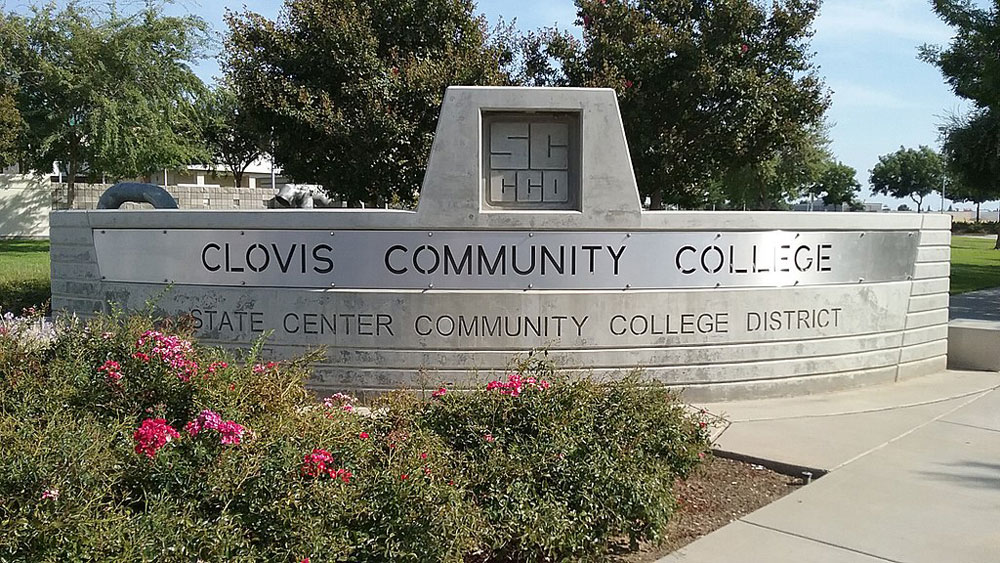
October 20, 2020; Los Angeles Times
The Jay Pritzker Foundation has provided $100 million to the California community college system. It is the largest gift ever given to community colleges in the US.
The intent is to assist students to complete their degrees, transfer to four-year universities, and, most significantly, pay their basic living expenses. College officials describe the grant as an acknowledgement of the critical role community colleges play in preparing students for jobs. It is hoped it will help the state’s poorest students who have been let down by the education system.
Inside Higher Education reports that community colleges have done surprisingly well raising funds during the pandemic, especially support for emergency student aid, raising 47 percent more in the first nine months of 2020 than they raised the entire year before. Two-year schools received $580 million from the CARES Act, with half going to individual students for emergency aid, but the money was soon spent, leaving more students with need.
Often, what stops students is the cost of textbooks, childcare, and living expenses like food and housing. Before 2020, more than half the students in the community college system had to deal with food insecurity. An astonishing one-in-five students were homeless. These problems weren’t limited to California, either. In 2018, the governor of New York had to mandate food pantries on campus, or partnerships with existing food pantries, for all 64 schools (plus 20 in NYC) due to students choosing between food and textbooks.
Eligibility for Pritzker Foundation scholarships goes to students who are enrolled full-time, have completed about half of the credits required for their matriculated program, and qualify for a tuition fee waiver. There is also money available for emergency financial aid for students facing a hardship like job loss, as some colleges themselves have provided to students during the pandemic. Students without legal status or who have received Deferred Action for Childhood Arrivals (DACA) are eligible.
The Foundation for California Community Colleges will administer the scholarships and emergency aid for 20 years, giving up to $18,500 to an individual (the cost of attending community college full-time). The foundation’s grants will go to 34 community colleges in specific regions that have the lowest percentage of individuals with degrees—Inland Empire, Central Valley, and far Northern California, whose colleges together serve 334,000 students. The scholarships and emergency aid will go to just students in those areas for the first five years, with the first year going exclusively for emergency aid. The colleges will apply for up to $150,000, describing how it will be spent. After the five years are up, the outcomes will be reviewed by the Pritzker Foundation and the community college system.
Sign up for our free newsletters
Subscribe to NPQ's newsletters to have our top stories delivered directly to your inbox.
By signing up, you agree to our privacy policy and terms of use, and to receive messages from NPQ and our partners.
Daniel and Karen Pritzker, who donated the funds, said it was President Barack Obama who first drew their attention to community colleges. Their own daughter excelled in community college courses and went on to UC Berkeley.
“That really gave us an up-close view of what community colleges had to offer for serious students,” Dan Pritzker said at a news conference last Tuesday.
“The Pritzker Foundation wanted their gift to go to students who are most in need. “We shared our strategic vision,” said Eloy Ortiz Oakley, chancellor of the 116-college system, “and we showed that we were clearly focused on the three regions of the state that had some of the lowest graduation rates or degree attainment rates. These also happen to be some of the most under-resourced communities in the state. That appealed to the donor.”
The foundation will be providing assistance where it is needed, for critical living expenses as well as tuition, textbooks, and internet access, but in requiring students to be full-time to be eligible, they have missed a large group of enrolled students. Indeed, only 37 percent of undergraduate students in California’s two-year schools are full-time students; the 63 percent who attend part-time are mostly overlooked when it comes to scholarships.
Many of these part-time community college students juggle schooling with established lives, jobs, and families, attending classes scheduled around work, with children in school and babies in childcare. Now that they have work experience and a better idea of what they want to do—and what they don’t—to support their families, they’re looking to improve their employment situation.
Maybe there could be a complementary scholarship support program established for part-time community college students. It would be interesting to see how scholarships and living expenses provided by a gift like the Pritzker Foundation donation—or, of course, through public tax dollars from the state of California itself—would affect the college completion rate of these part-time students, who are also financially stressed just like their full-time student counterparts.—Marian Conway













